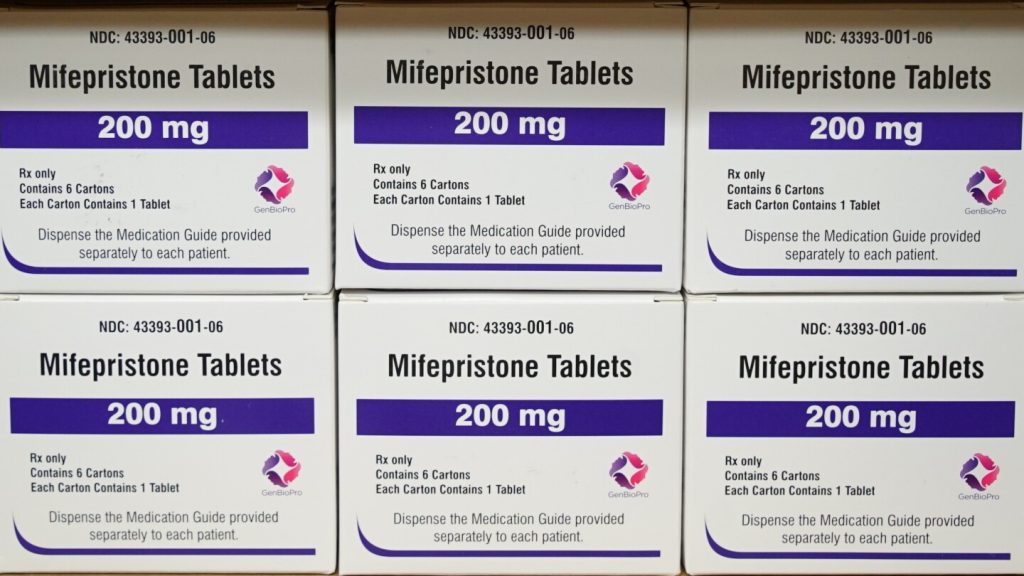The state of Louisiana is on the verge of reclassifying two abortion-inducing drugs, mifepristone and misoprostol, as controlled and dangerous substances. This move is part of a bill that has passed final legislative approval and is expected to be signed into law by the governor. Supporters of the reclassification argue that it will protect expectant mothers from coerced abortions, although there has only been one documented case of this occurring in Texas. However, many doctors are concerned that this reclassification will make it harder for them to prescribe the drugs, which are also used for other essential reproductive health care needs.
The reclassification of mifepristone and misoprostol could pave the way for other Republican states to seek tighter restrictions on these drugs, especially as Louisiana already has a near-total abortion ban in place. Current Louisiana law already requires a prescription for these drugs and makes it a crime to use them to induce an abortion in most cases. By placing these drugs on the list of Schedule IV substances under the state’s Uniform Controlled Dangerous Substances Law, it would require doctors to have a specific license to prescribe them and store them in certain facilities that may be far from rural clinics.
Over 200 doctors in the state have signed a letter warning that this measure could create a barrier to proper treatment and cause unnecessary fear and confusion among patients and doctors. They also argue that any delay in obtaining these drugs could lead to worse outcomes in a state with one of the highest maternal mortality rates in the country. Despite these concerns, the bill passed in the Senate with a vote of 29-7, mainly along party lines, and now awaits the governor’s signature. Supporters of the bill, including its sponsor Senator Thomas Pressly, argue that the reclassification is necessary to prevent bad actors from obtaining these medications for illicit purposes.
Mifepristone and misoprostol are not classified as controlled substances by the federal government, as they are not viewed as carrying a significant risk of misuse. Nevertheless, abortion opponents and conservative Republicans in Louisiana have supported the bill, while Democrats, including Vice President Kamala Harris, have strongly criticized it. The bill’s passage comes as the U.S. Supreme Court is deliberating on a case that could restrict access to mifepristone. If signed into law, Louisiana would join 14 other states that have bans on abortion at all stages of pregnancy, with limited exceptions. Governor Jeff Landry, who has indicated his support for the measure, awaits the final decision on the bill.
Overall, the reclassification of mifepristone and misoprostol in Louisiana is shaping up to have a significant impact on reproductive health care in the state. While proponents argue that it will protect expectant mothers from coerced abortions, opponents warn of the potential barriers it could create for doctors and patients. As the bill now awaits the governor’s signature, its implications for women’s health access and reproductive rights in Louisiana are yet to be fully realized.


